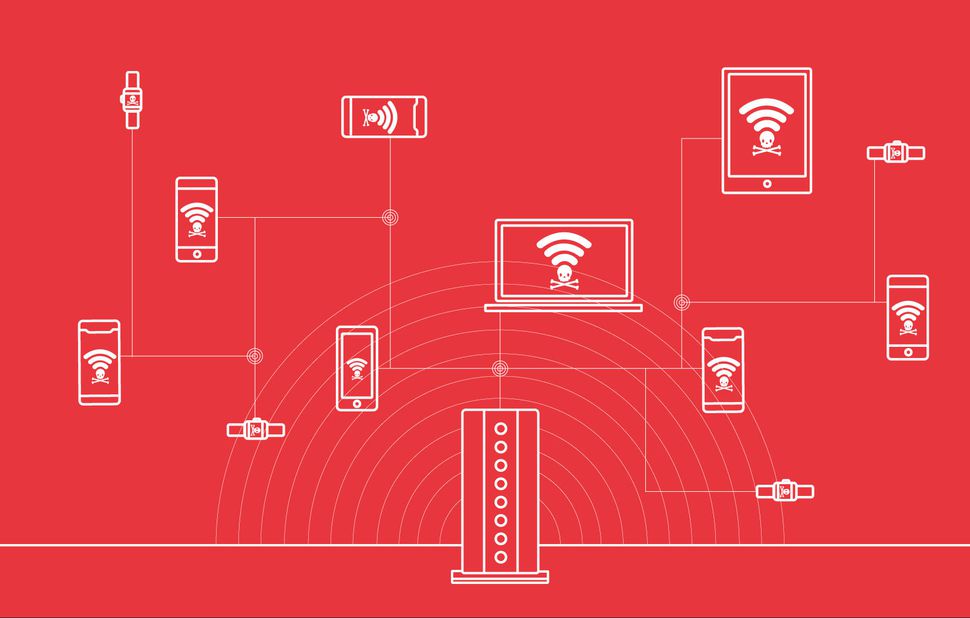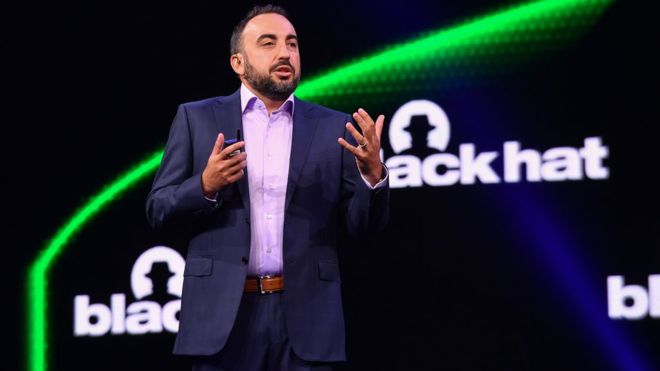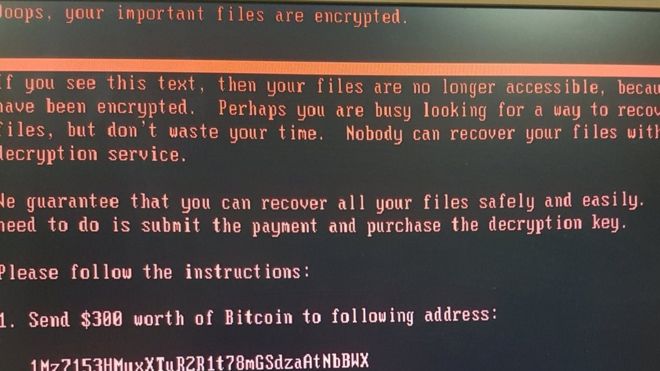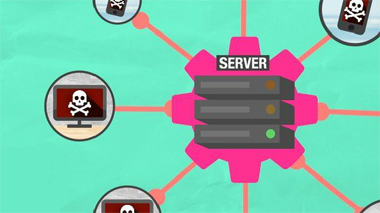
"互聯網歷史上最大規模攻擊" 癱瘓全球網絡
Global internet slows after 'biggest attack in history'
BBC News Technology 2013-03-27 13:03:00http://www.bbc.co.uk/news/technology-21954636
"But we're up - they haven't been able to knock us down. Our engineers are doing an immense job in keeping it up - this sort of attack would take down pretty much anything else."
Mr Linford told the BBC that the attack was being investigated by five different national cyber-police-forces around the world.
He claimed he was unable to disclose more details because the forces were concerned that they too may suffer attacks on their own infrastructure.
The attackers have used a tactic known as Distributed Denial of Service (DDoS), which floods the intended target with large amounts of traffic in an attempt to render it unreachable.
In this case, Spamhaus's Domain Name System (DNS) servers were targeted - the infrastructure that joins domain names, such as bbc.co.uk, the website's numerical internet protocol address.
Mr Linford said the attack's power would be strong enough to take down government internet infrastructure.
"If you aimed this at Downing Street they would be down instantly," he said. "They would be completely off the internet."
He added: "These attacks are peaking at 300 Gbps (gigabits per second).
"Normally when there are attacks against major banks, we're talking about 50 Gbps"
Clogged-up motorway
The knock-on effect is hurting internet services globally, said Prof Alan Woodward, a cybersecurity expert at the University of Surrey.
"If you imagine it as a motorway, attacks try and put enough traffic on there to clog up the on and off ramps," he told the BBC.
"With this attack, there's so much traffic it's clogging up the motorway itself."
Arbor Networks, a firm which specialises in protecting against DDoS attacks, also said it was the biggest such attack they had seen.
"The largest DDoS attack that we have witnessed prior to this was in 2010, which was 100 Gbps. Obviously the jump from 100 to 300 is pretty massive," said Dan Holden, the company's director of security research.
"There's certainly possibility for some collateral damage to other services along the way, depending on what that infrastructure looks like."
Spamhaus said it was able to cope as it has highly distributed infrastructure in a number of countries.
The group is supported by many of the world's largest internet companies who rely on it to filter unwanted material.
Mr Linford told the BBC that several companies, such as Google, had made their resources available to help "absorb all of this traffic".
The attacks typically happened in intermittent bursts of high activity.
"They are targeting every part of the internet infrastructure that they feel can be brought down," Mr Linford said.
"Spamhaus has more than 80 servers around the world. We've built the biggest DNS server around."










